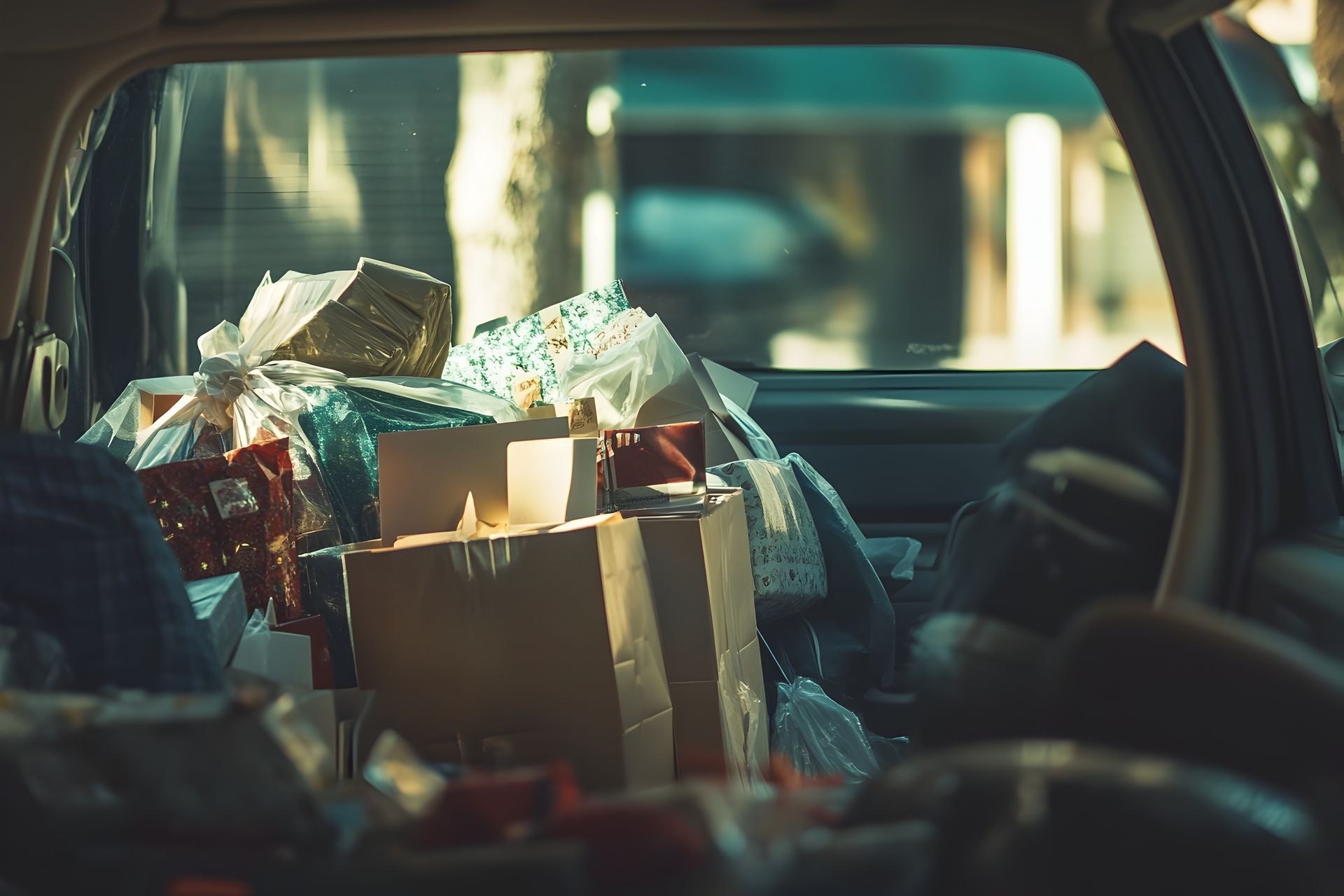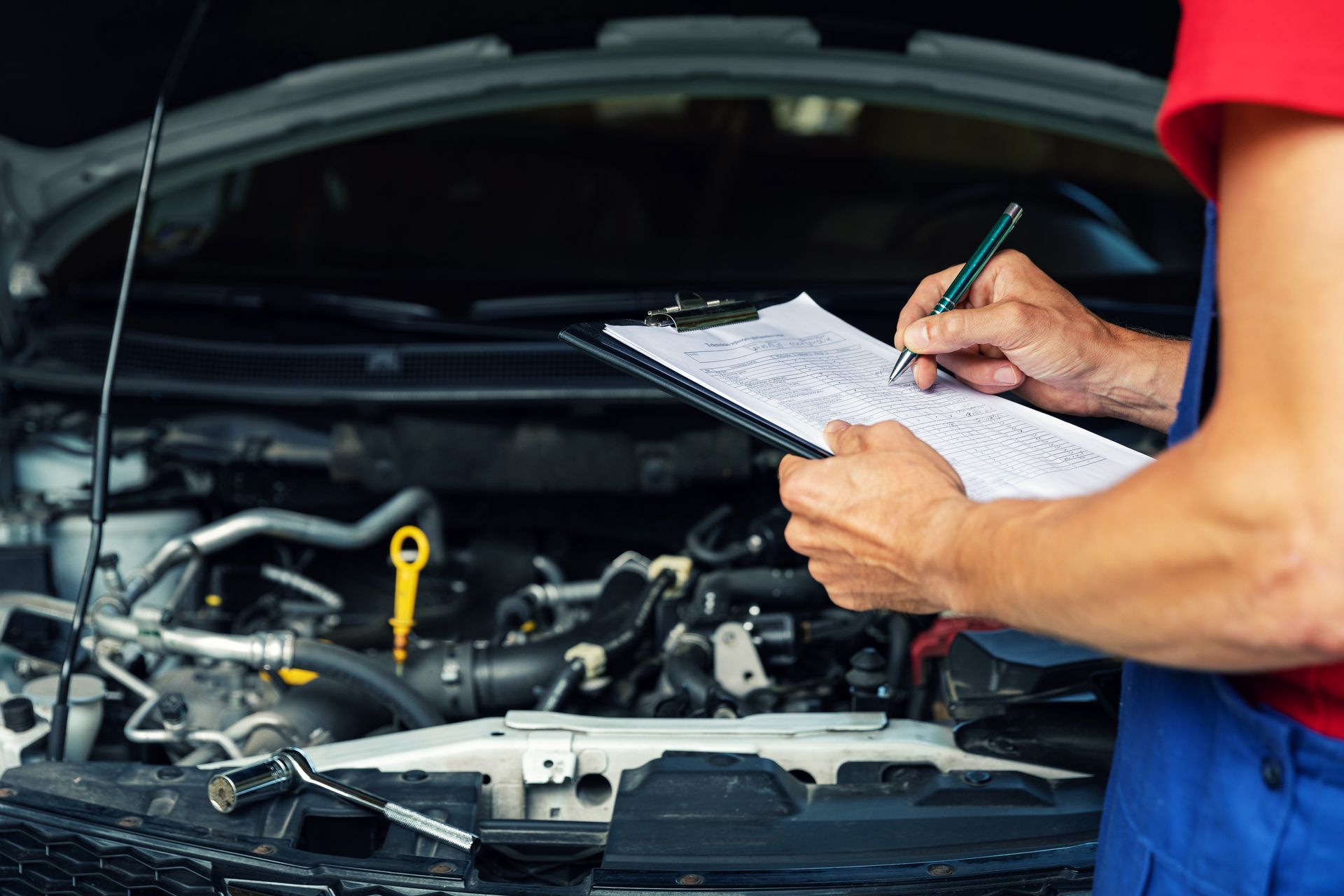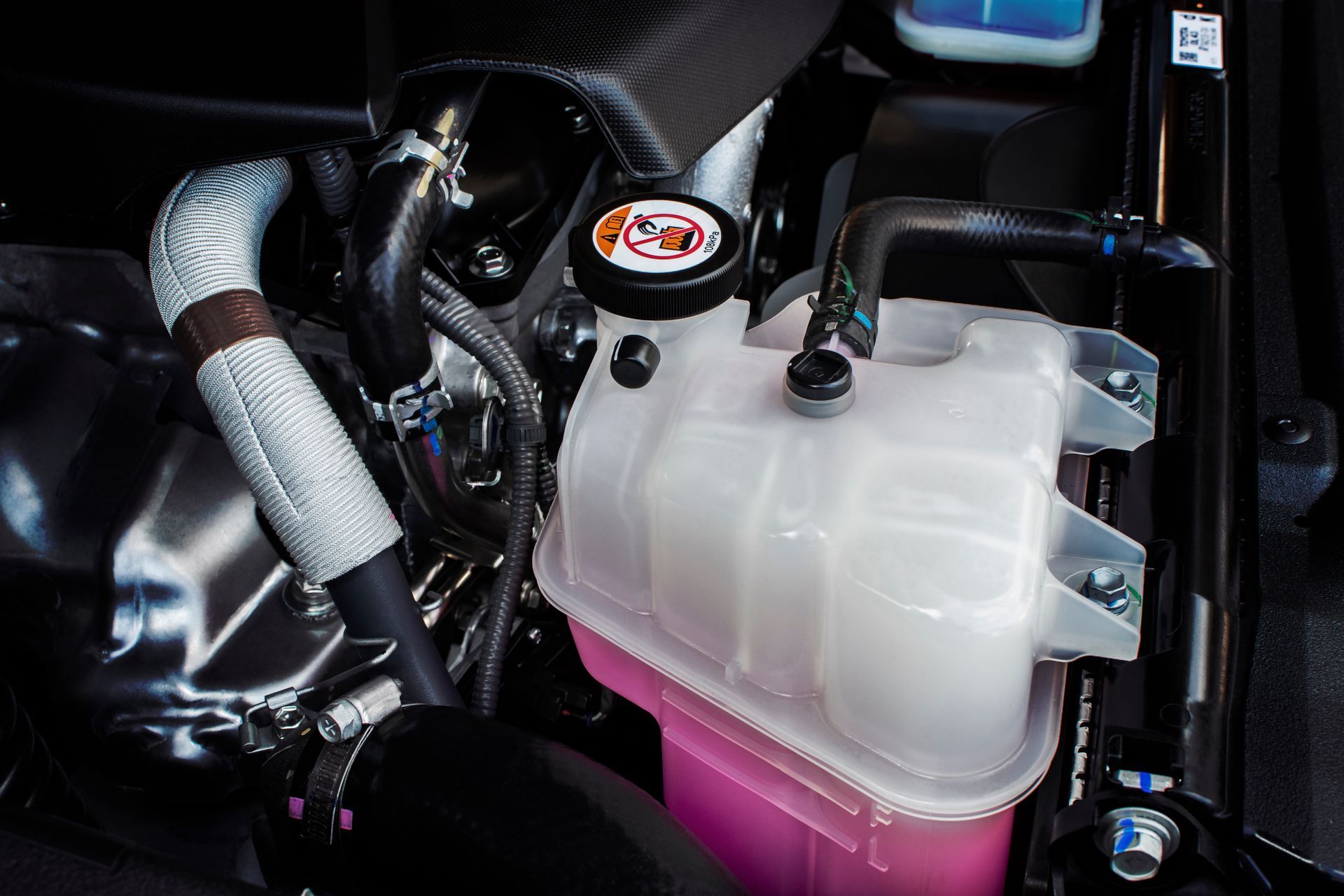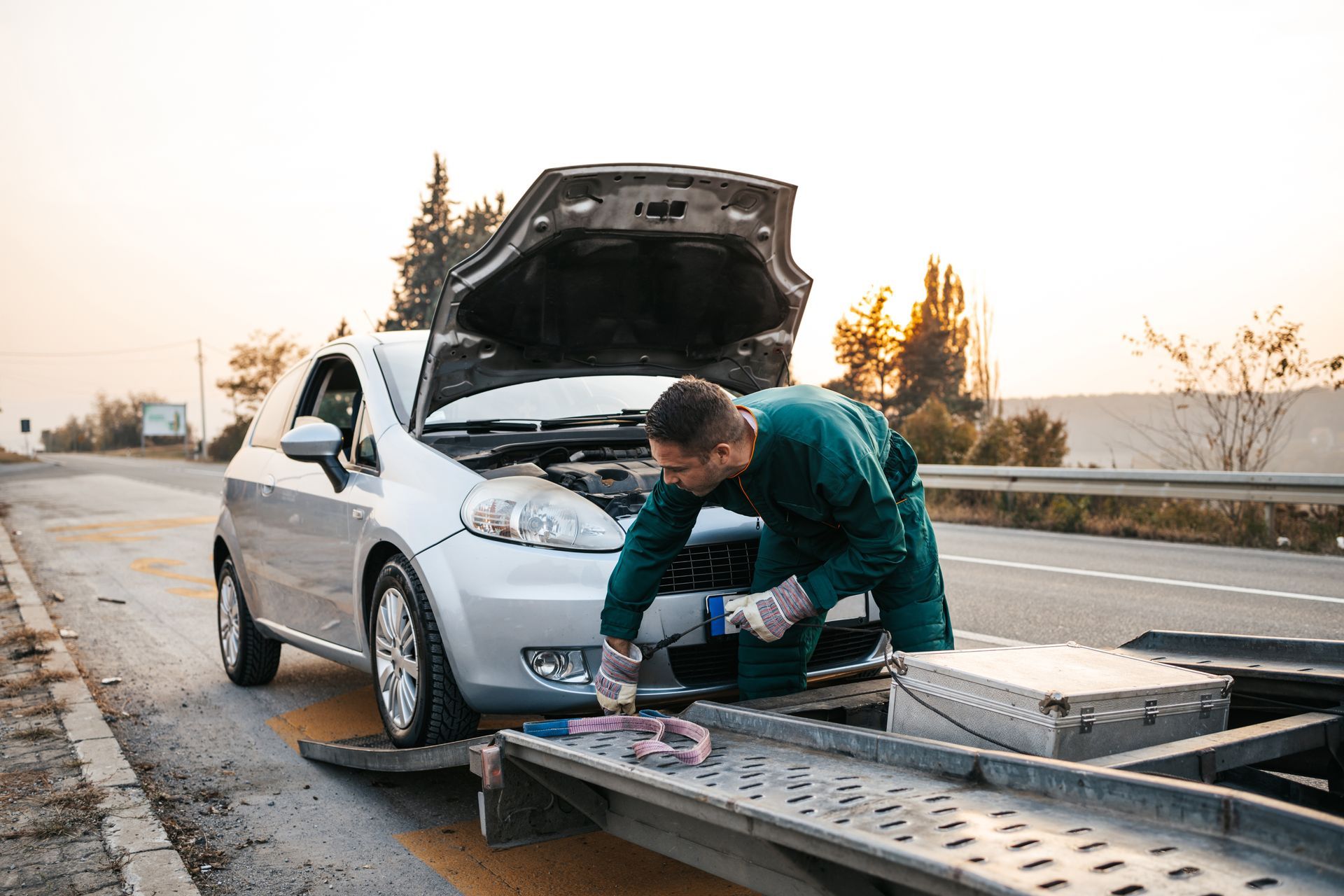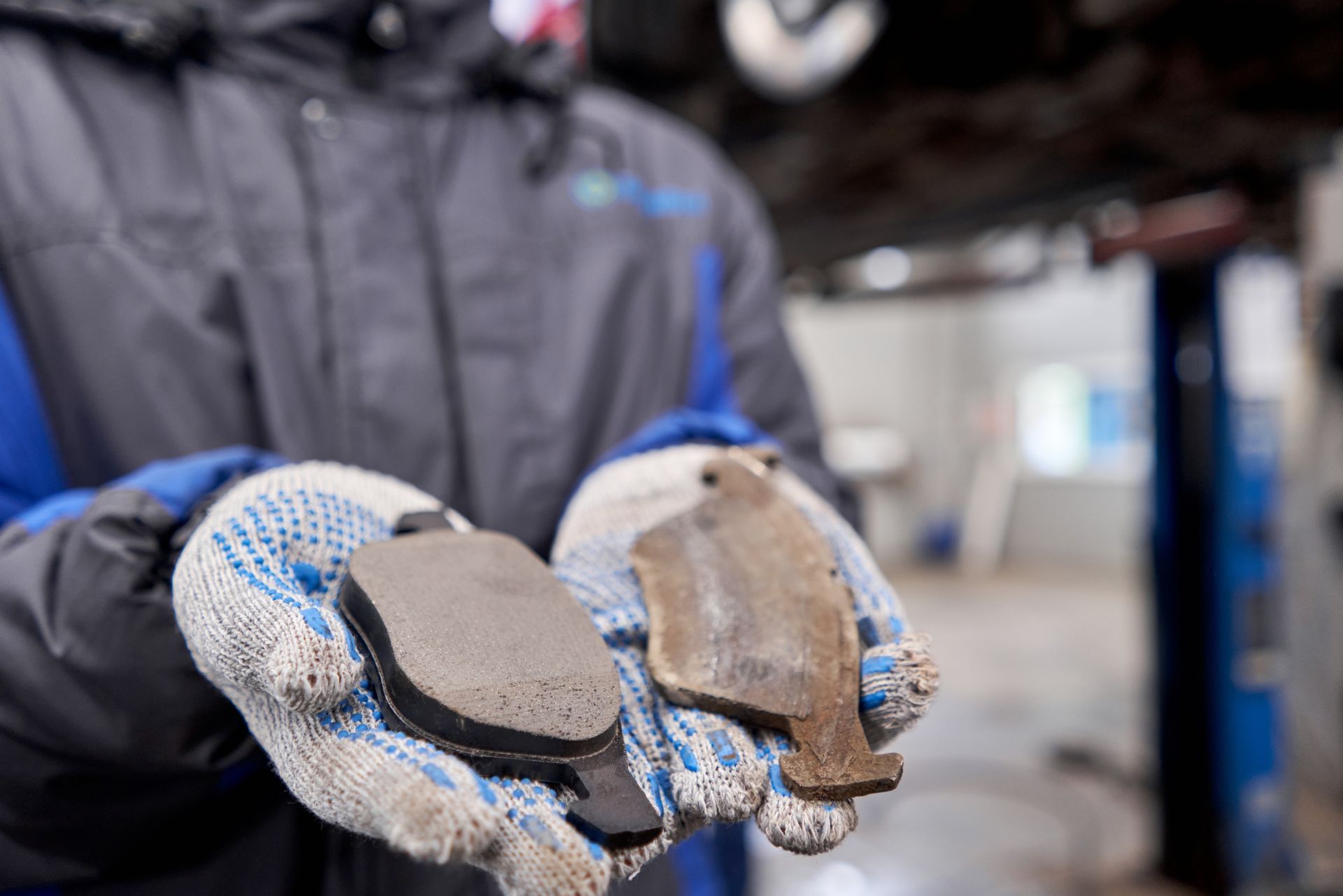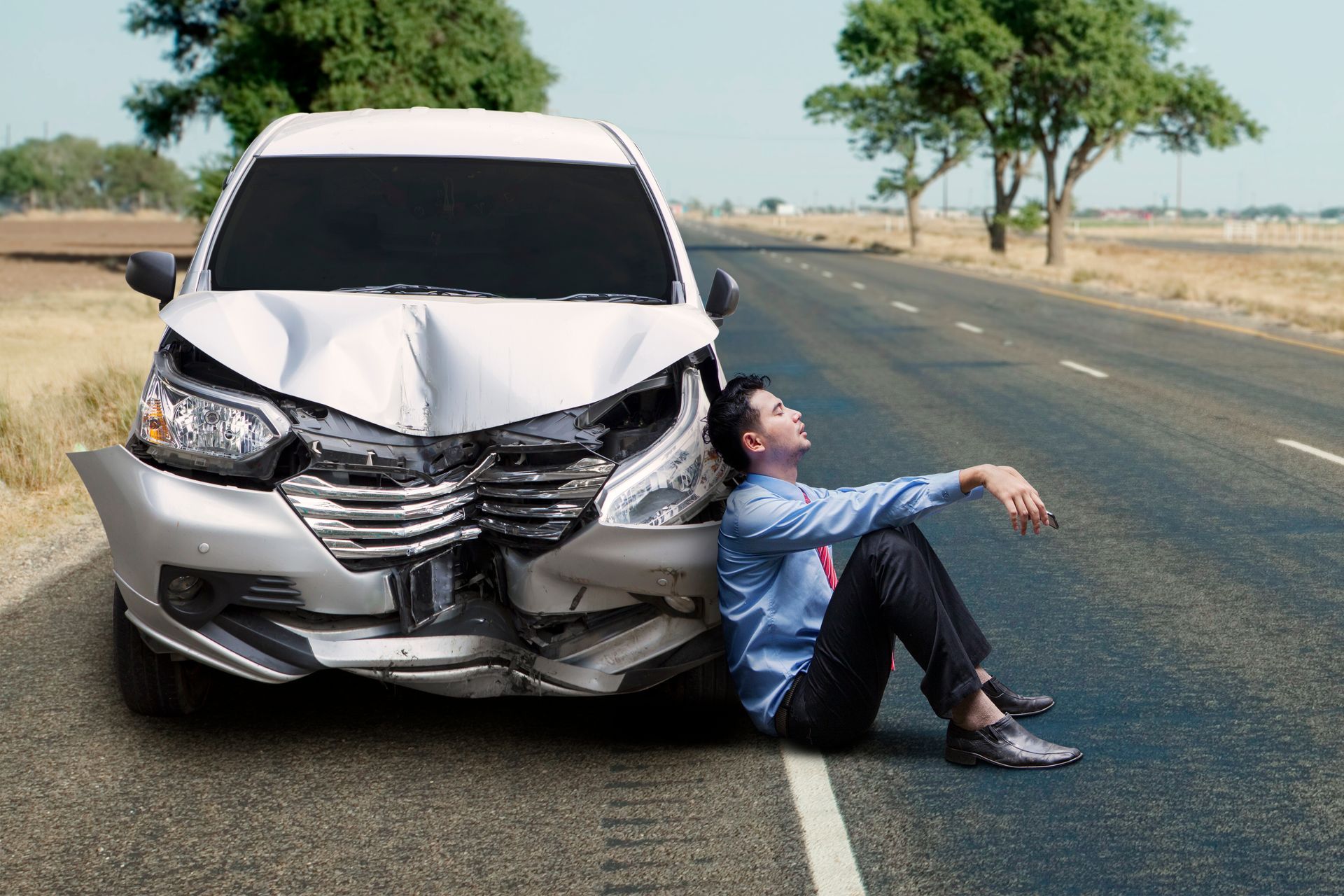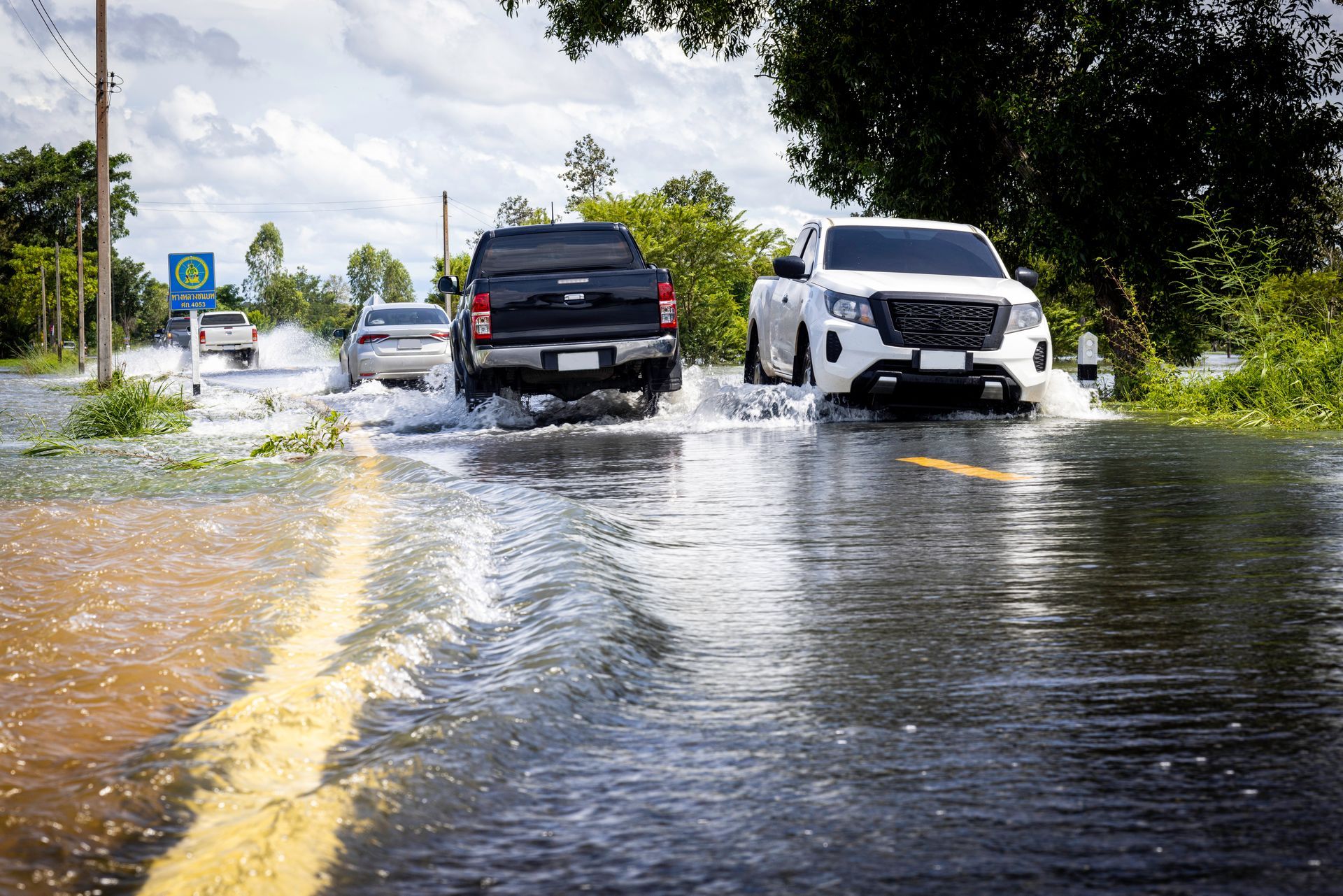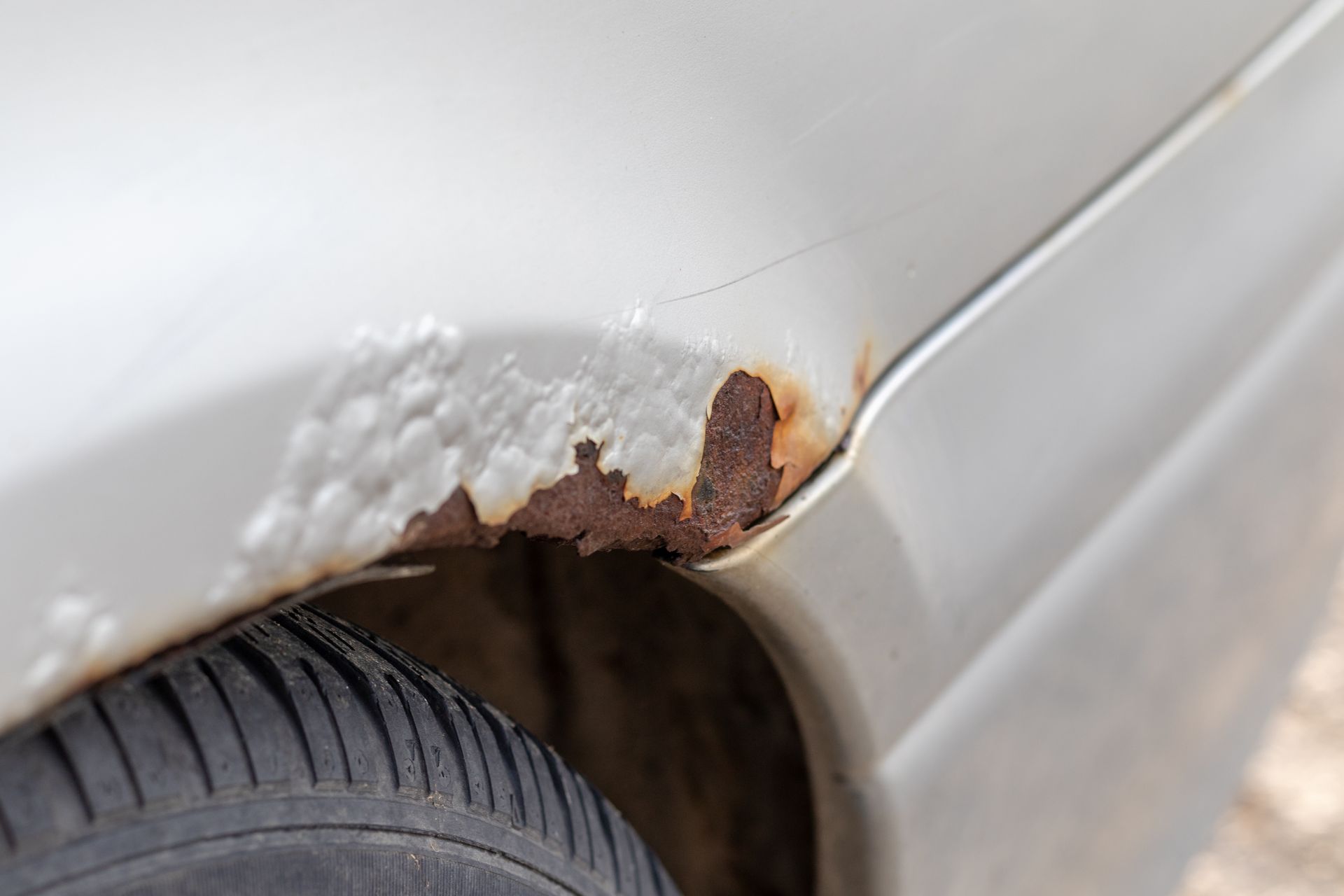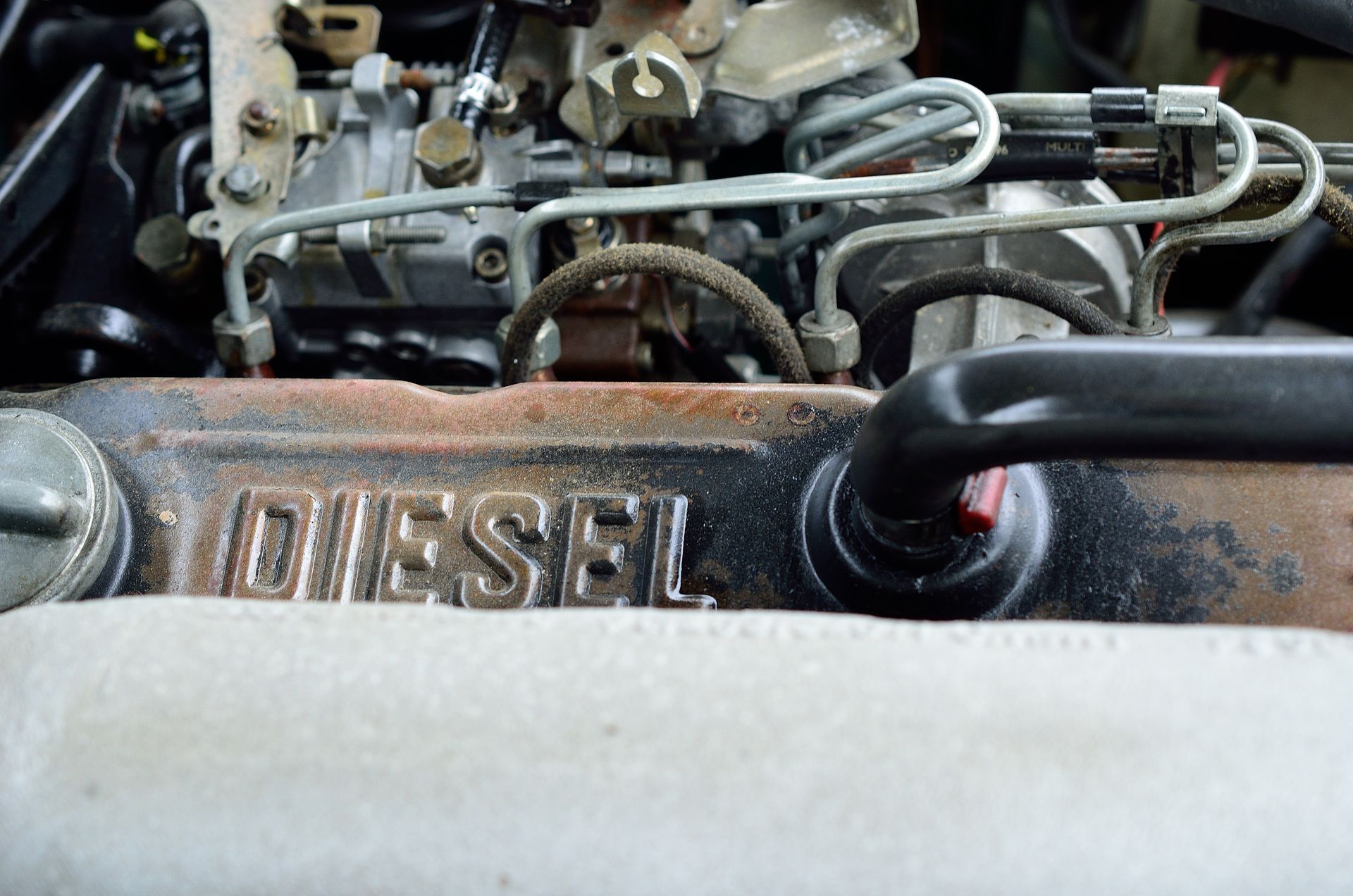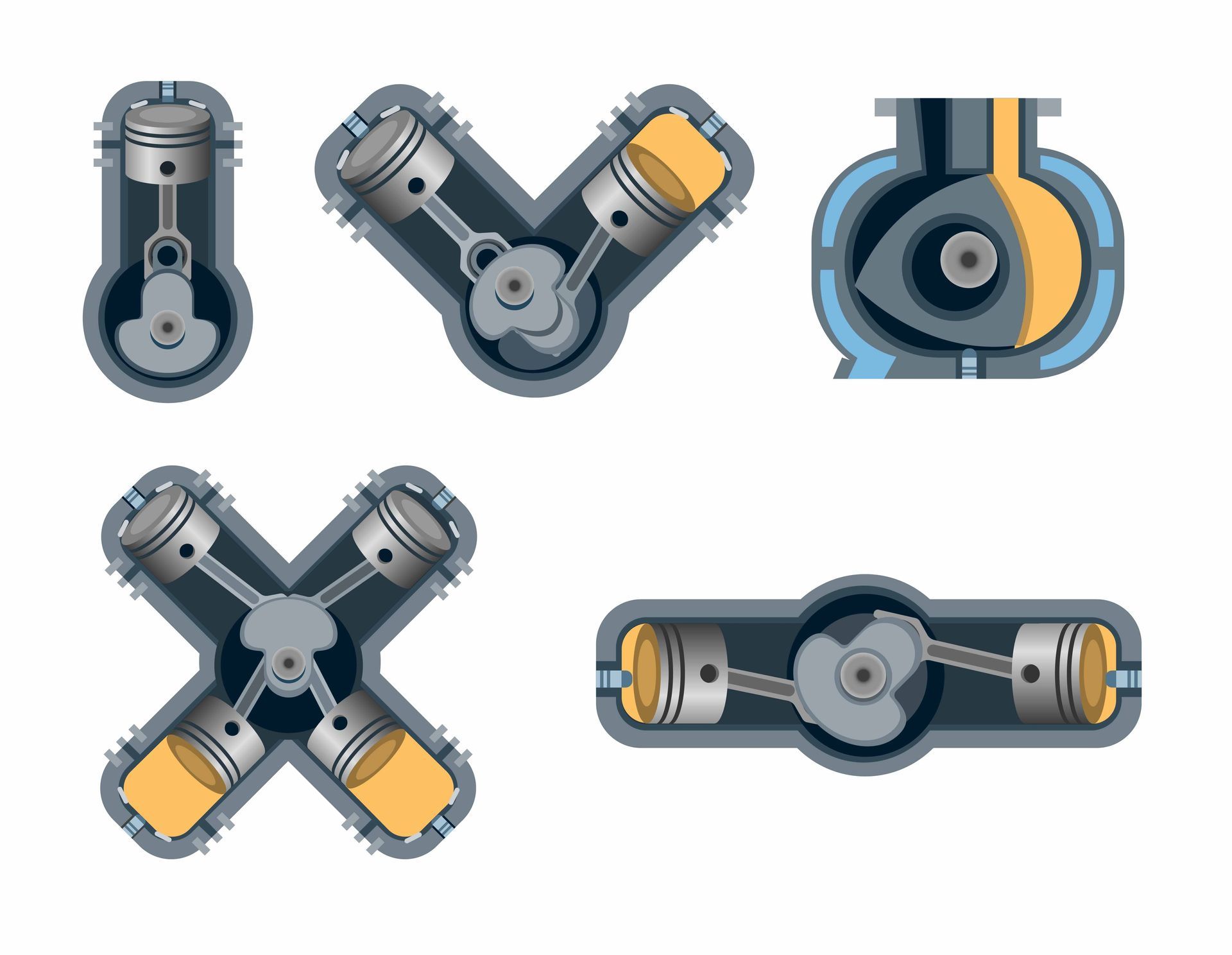It’s a scene we’ve all seen in movies: a car crashes, sparks fly, and within seconds, the vehicle erupts into a massive fireball. It’s dramatic, suspenseful—and almost entirely Hollywood fiction. While it’s true that fire can result from a crash in rare cases, the idea that cars routinely explode after a collision is more myth than reality.
Still, it's worth asking: what can happen to a vehicle after a crash, and under what circumstances does fire or explosion become a real risk?
Where the Explosion Myth Comes From
Movie and TV crashes have given drivers a skewed idea of how cars react in real-life accidents. In action scenes, even the smallest fender bender seems to trigger a massive fireball. The truth is that modern vehicles are engineered with safety in mind, and real explosions are extremely rare.
That said, a fire can occur in certain conditions—especially if fuel lines are compromised, or there’s significant electrical damage. But even then, vehicles are designed with multiple safeguards to prevent a spark from turning into a catastrophe.
What Could Actually Catch Fire in a Crash
Though explosions are unlikely, fire is still a potential risk, especially in high-impact collisions. The most common sources of ignition include:
- Leaking fuel lines or a ruptured fuel tank: Gasoline is highly flammable, but it's not explosive on its own. It requires the right combination of vapor and spark.
- Electrical shorts: Exposed wiring or damaged batteries, especially in hybrids and EVs, can arc and spark.
- Hot engine components: Oil or transmission fluid sprayed onto hot metal can ignite under the right conditions.
- Damaged catalytic converter: These get extremely hot and can ignite flammable materials if exposed during a crash.
These are rare situations, and most modern vehicles have safety measures—such as fuel pump shutoff switches and crumple zones—that minimize the chance of ignition.
Are Electric and Hybrid Vehicles More Likely to Catch Fire
Electric vehicles (EVs) and hybrids store large amounts of energy in their battery packs, and while they don’t use gasoline, their battery systems can pose fire risks when severely damaged. Lithium-ion batteries can enter thermal runaway—a chemical reaction that generates intense heat and can lead to fire.
However, EV fires are still statistically less common than gasoline vehicle fires. Manufacturers also design battery enclosures to protect against punctures and overheating, and the systems are often automatically disabled in a crash to prevent further damage.
What Happens Right After a Crash
If your car has been in a collision and you’re worried about the risk of fire, keep in mind:
Most modern vehicles are equipped with inertia switches that cut off the fuel pump during impact.
Airbag deployment systems don’t create heat or sparks that could ignite fuel.
Battery cables are often designed to disconnect or short safely in a crash to reduce the chance of an electrical fire.
So unless a crash is especially violent or the fuel system is ruptured near a heat source, the odds of a fire—let alone an explosion—are extremely low.
What to Do If You Smell Fuel After a Crash
Even if your car isn’t visibly damaged, the smell of fuel should always be taken seriously. Exit the vehicle immediately, avoid using electronics (including your phone), and move a safe distance away. Fuel vapor is more dangerous than liquid gas—it ignites easily, especially around electrical sparks or hot surfaces.
If you're safe and uninjured, call emergency services and let them know about the potential fuel leak. Fire crews are trained to deal with these situations and can secure the area.
Preventing Fires with Regular Maintenance
While crashes are unpredictable, keeping your car in good shape goes a long way in reducing any risk. Damaged fuel lines, cracked hoses, or faulty wiring can all contribute to post-crash fires if neglected.
If your check engine light is on, if you notice fuel smells while driving, or if you’ve seen sparks near electrical components, those are all reasons to schedule an inspection.
Auto ER – Post-Collision Safety Checks Across Florida
Worried about your vehicle’s safety after a crash? Let the team at Auto ER, with five convenient locations across Florida, give your car a full post-accident inspection. We’ll check for hidden damage, fuel system integrity, and electrical issues so you can drive with confidence.
- Gainesville, FL 32608
- High Springs, FL 32643
- Gainesville, FL 32606
- Gainesville, FL 32609
- Newberry, FL 32669

